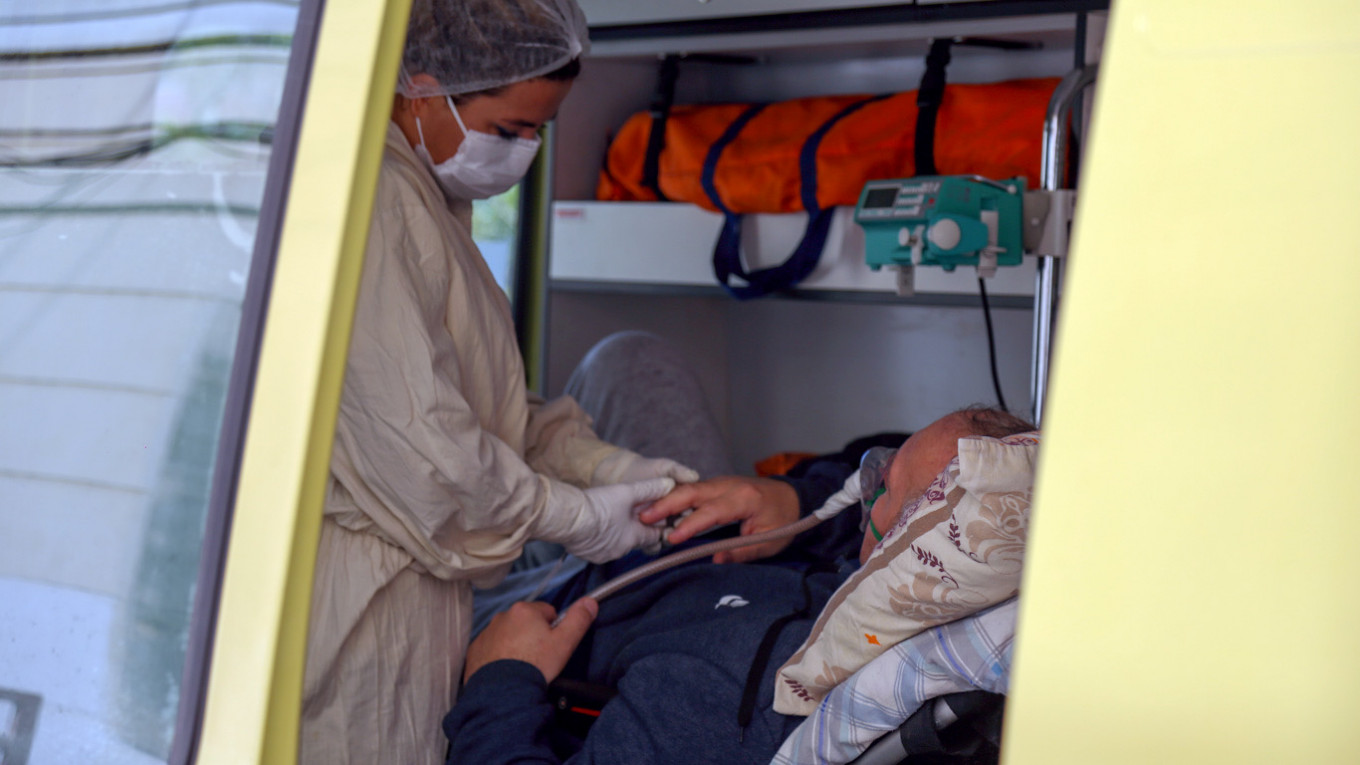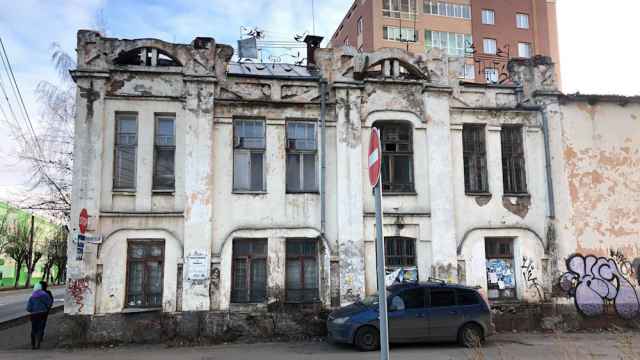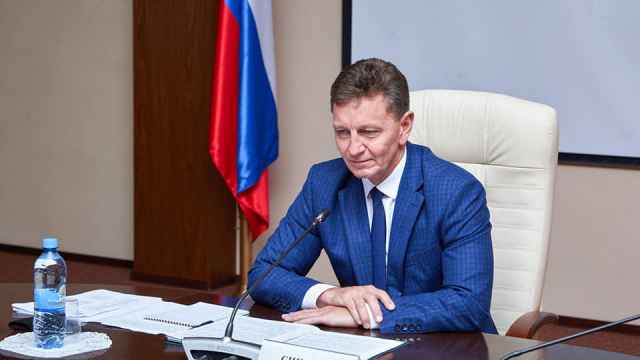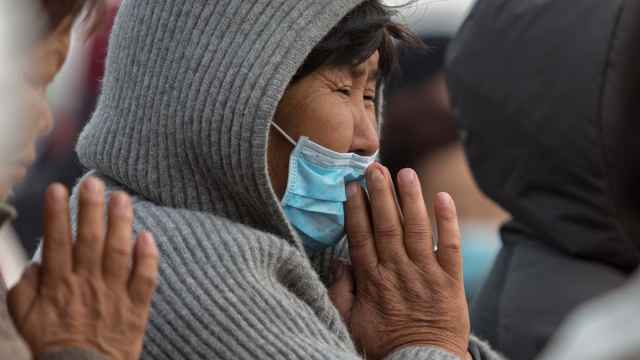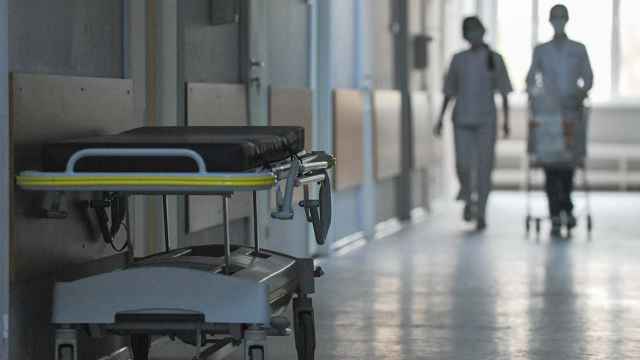A number of Russian regions risk facing a second wave of the coronavirus pandemic that is 10 times worse than the first, a senior Russian vector-borne disease expert said Tuesday.
“The situation in the regions is very different,” Alexander Lukashev, who heads the Sechenov First Moscow State Medical University’s (MSMU) Martsinovsky Institute of Medical Parasitology, Tropical and Vector-Borne Diseases, told state television.
Moscow, for example, is the epicenter of Russia’s Covid-19 outbreak with over 377,000 confirmed cases, followed by the Moscow region with almost 82,000. On the opposite end, Russia’s two least-populated regions, the Nenets and Chukotka autonomous districts, have a combined total caseload of 622.
“In some regions, the second wave may well be 10 times larger than the first,” Lukashev told the Rossia broadcaster.
During the start of the first wave in March, Lukashev said the daily increase in new infections reached 25%. “Now, we’re only seeing this picture in certain regions,” he added, pointing to Moscow and St. Petersburg.
Lukashev named those two cities, the latter of which has confirmed almost 54,000 Covid-19 cases, as areas where “the situation is close to manageable.”
The country’s official number of Covid-19 cases stands at more than 1.4 million, the fourth-highest in the world.
Russia has seen a record-breaking surge in Covid-19 infections and deaths in recent weeks, with its daily caseload rising from 14,000 to 16,000 and fatalities from 200 to 300 over the past week. The latest surge has prompted a number of hospitals across the country to stop admitting patients with other illnesses.
Instead of reintroducing strict lockdown measures similar to those in spring, authorities have opted toward targeted restrictions.
Epidemiologists at Russia’s consumer safety watchdog Rospotrebnadzor have forecast that new Covid-19 infections would peak at 20,000 and stabilize by early November as long as people follow health guidelines.
A Message from The Moscow Times:
Dear readers,
We are facing unprecedented challenges. Russia's Prosecutor General's Office has designated The Moscow Times as an "undesirable" organization, criminalizing our work and putting our staff at risk of prosecution. This follows our earlier unjust labeling as a "foreign agent."
These actions are direct attempts to silence independent journalism in Russia. The authorities claim our work "discredits the decisions of the Russian leadership." We see things differently: we strive to provide accurate, unbiased reporting on Russia.
We, the journalists of The Moscow Times, refuse to be silenced. But to continue our work, we need your help.
Your support, no matter how small, makes a world of difference. If you can, please support us monthly starting from just $2. It's quick to set up, and every contribution makes a significant impact.
By supporting The Moscow Times, you're defending open, independent journalism in the face of repression. Thank you for standing with us.
Remind me later.


